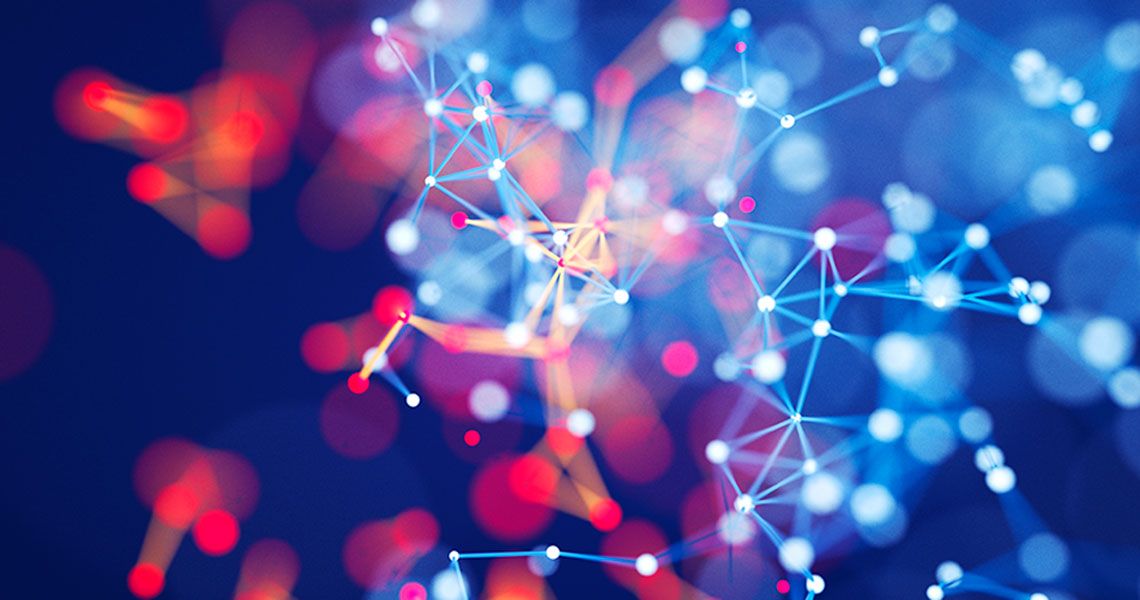On March 16 and 17, Raja Mazumder, Ph.D., associate professor of biochemistry and molecular medicine at the GW School of Medicine and Health Sciences, and his team, including technical writer and research assistant Amanda Bell and research associate Charles Hadley King, hosted a public workshop for more than 300 participants at the National Institutes of Health to get feedback on “biocompute objects.”
Biocompute objects, or records with various data, such as validation kits, associated metadata of executable programs, and software arguments and version information, could allow for consistent and accurate computation evaluations for studies submitted to the FDA. To jumpstart the development process, however, Mazumder’s team looked to the scientific community for input.
“The goal of the workshop was to develop a community and engage the community in getting together to set these standards,” King said. We did a good job accomplishing that.”
The workshop, which included talks and panel discussions — where King said most of the progress took place — had an overwhelmingly positive reaction.
“All of the information we got was not just from one agency, but from … community members from industry, regulatory government agencies, and academia,” Bell said. “It was definitely very community driven.”
The goal — to create the biocompute objects — was not only accomplished, King added, but “the biggest win from the entire workshop is that we were able to get a couple of outside agencies to agree to do pilot biocompute objects, to actually develop it on their platform, make it run, validate it.”
The team is already planning another workshop for 2018. “[The March workshop] was well received, and we’re [continuing] to work with the community because things like this require lots of collaboration and input,” Mazumder said.



